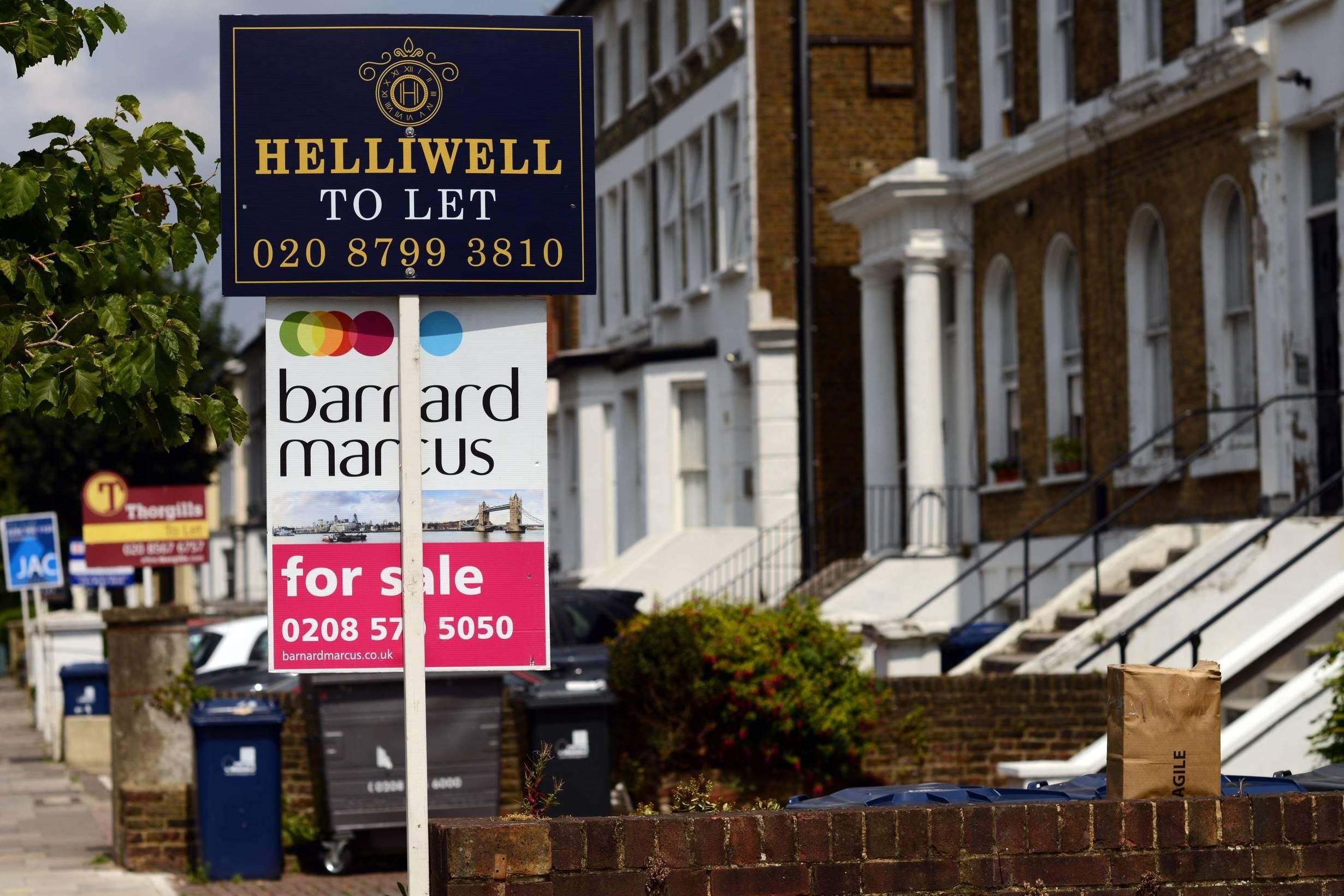Coronavirus: Tenants face eviction without legal representation when hearings resume in June
Eviction proceedings were frozen by the government in March

Your support helps us to tell the story
From reproductive rights to climate change to Big Tech, The Independent is on the ground when the story is developing. Whether it's investigating the financials of Elon Musk's pro-Trump PAC or producing our latest documentary, 'The A Word', which shines a light on the American women fighting for reproductive rights, we know how important it is to parse out the facts from the messaging.
At such a critical moment in US history, we need reporters on the ground. Your donation allows us to keep sending journalists to speak to both sides of the story.
The Independent is trusted by Americans across the entire political spectrum. And unlike many other quality news outlets, we choose not to lock Americans out of our reporting and analysis with paywalls. We believe quality journalism should be available to everyone, paid for by those who can afford it.
Your support makes all the difference.Tenants could face being evicted without access to legal representation when home repossession hearings resume next month, according to letters from county courts.
Eviction proceedings were temporarily frozen by the government in March as the coronavirus pandemic took hold, to ensure vulnerable people were not left homeless during the crisis.
Hearings are expected to resume at the end of June, but documents seen by the Law Gazette suggest that some courts are considering running hearings remotely until the autumn, leaving vulnerable people without access to a duty solicitor.
A letter detailing arrangements for Brentford County Court, in West London, said its "present thinking" was to conduct possession hearings by telephone or Skype.
Defendants will be "more strongly" encouraged to seek early legal aid assistance as there is unlikely to be a duty solicitor available virtually.
The letter said: "It is currently our view that these proposed listing arrangements represent the least-worst way of dealing with these possession claims in present circumstances.
It said: "We well understand that these cases have previously involved large numbers of mainly unrepresented defendants with limited means attending our court and, in some cases, meeting and reaching agreements with representatives of claimants in the court building.
"That cannot be accommodated during the current crisis. The parties will therefore be expected to engage with one another well before the hearing date to a much greater degree than previously.
"However, our judges will be alert to ensure that, so far as possible, vulnerable tenants are not prejudiced by the new process and cases will be adjourned in advance (on application) or even on the day, where appropriate."
Thangam Debbonaire, Labour's shadow housing secretary, warned that more people would become homeless if unable to access legal advice.
She told The Independent: "When the temporary ban ends in a month’s time there will be people who are at immediate risk of evictions as a result of the government’s failure to act to ensure people have enough income to pay their rent.
“The government must also consider Labour’s proposal for a temporary lifting of the laws on arrears as a mandatory grounds for eviction and to scrap the no-fault evictions proceedings, to help protect people from homelessness.
"Either way, they will need a duty solicitor available to advise them.”
The government announced legal protections for private tenants from eviction for three months in March following sustained pressure from Labour and other opposition parties.
Housing secretary Robert Jenrick said at the time: "The government is clear – no renter who has lost income due to coronavirus will be forced out of their home, nor will any landlord face unmanageable debts."
A Ministry of Justice spokesperson said: “We are working on measures to ensure that all defendants can access legal support when housing possession cases restart and will set out our plans in due course.
“Judges can adjourn hearings if they do not believe a defendant has had adequate access to legal representation.”
Join our commenting forum
Join thought-provoking conversations, follow other Independent readers and see their replies
Comments